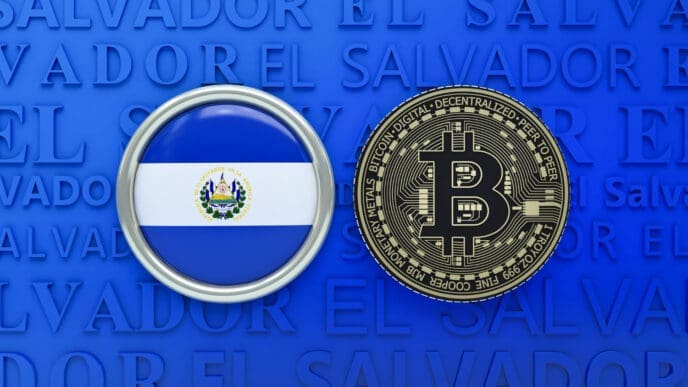Executive Summary
The Story So Far
Why This Matters
Who Thinks What?
The United States has urged Denmark to “calm down” following a diplomatic summons in Copenhagen over allegations that American individuals were conducting covert operations in Greenland. Denmark’s public broadcaster DR reported that the aim of these alleged operations was to infiltrate society and promote Greenland’s secession from Denmark to the United States, although the specific affiliations of the individuals remained unclear. The incident highlights escalating tensions over President Trump’s stated interest in acquiring the semi-autonomous territory.
Allegations and Danish Concerns
Danish Foreign Minister Lars Lokke Rasmussen stated that “any attempt to interfere in the internal affairs of the Kingdom [of Denmark] will of course be unacceptable.” This sentiment was echoed by Danish intelligence, which previously warned that Greenland was being targeted by “various kinds of influence campaigns.” The decision to summon the US Chargé d’Affaires, Mark Stroh, has been described by experts as an unprecedented “diplomatic yellow card” in US-Danish relations.
US Response and Diplomatic Exchanges
A White House official, without confirming an influence campaign, remarked, “We think the Danes need to calm down.” A US State Department spokesperson confirmed that Chargé d’Affaires Stroh had a “productive conversation” with the Danish Ministry of Foreign Affairs, reaffirming strong ties. The spokesperson declined to comment on the “actions of private US citizens in Greenland” but emphasized the US respects Greenland’s right to self-determination.
President Trump’s Stance on Greenland
President Trump has repeatedly expressed his desire to annex Greenland, a semi-autonomous part of the Kingdom of Denmark. This year, Trump notably stated he would not rule out seizing the territory by force. Vice-President JD Vance has also accused Copenhagen of underinvesting in Greenland.
Danish and Greenlandic Rejections
Danish Prime Minister Mette Frederiksen, during a recent visit to Greenland, firmly stated to the US that “you cannot annex another country.” Similarly, Greenland leader Jens-Frederik Nielsen declared in May, “We don’t belong to anyone else. We decide our own future,” directly rejecting any US takeover. Polls indicate that the vast majority of Greenlanders do not wish to become part of the United States.
Geopolitical Context and Danish-US Relations
Denmark, a NATO and European Union member, traditionally views the US as a close ally. Danes have reportedly been shocked by Trump’s determination to control its semi-autonomous territory, with Jens Ladefoged Mortensen of the University of Copenhagen calling the Trump administration’s attitude “hostile.” Vice-President Vance, during a visit to a US military base in Greenland, accused Denmark of insufficient efforts to protect US troops and Greenlanders from Russian and Chinese interests in the territory’s mineral wealth and Arctic naval routes.
Greenland’s Autonomy and Future
Greenland has enjoyed broad self-government since 1979, though its foreign and defense policy remains under Copenhagen’s purview. While most of its political parties favor independence, they differ on the timeline for achieving it. The Danish Foreign Minister acknowledged that foreign actors continue to show interest in Greenland, making outside attempts to influence its future “not surprising.”
The diplomatic spat underscores growing tensions between the US and Denmark over Greenland’s future, fueled by allegations of covert influence operations and President Trump’s public interest in annexation. Despite US assurances of respecting Greenland’s self-determination, Danish and Greenlandic leaders have firmly rejected any notion of a US takeover, emphasizing their right to determine their own path. The incident highlights the complex geopolitical dynamics surrounding the Arctic territory.













